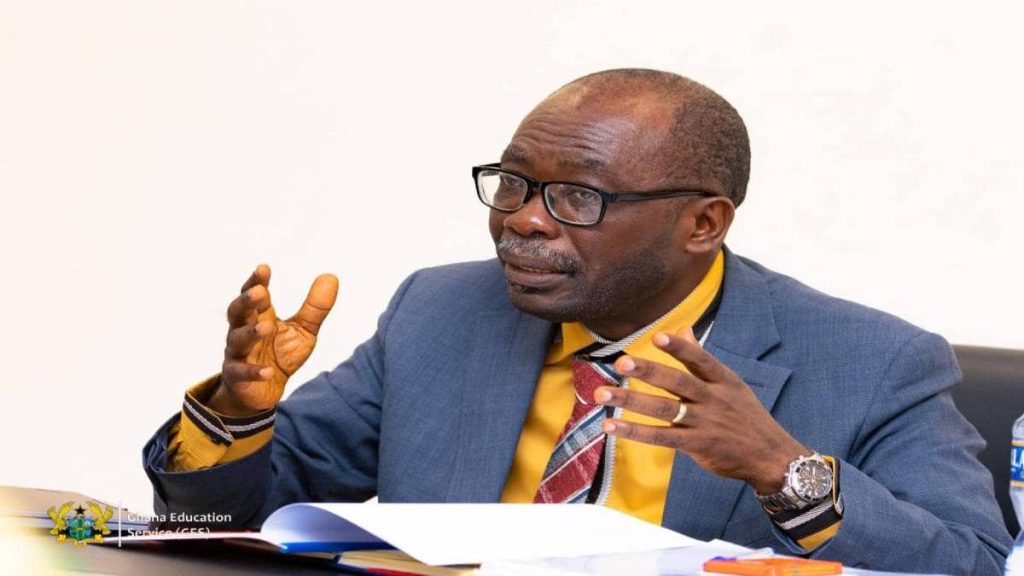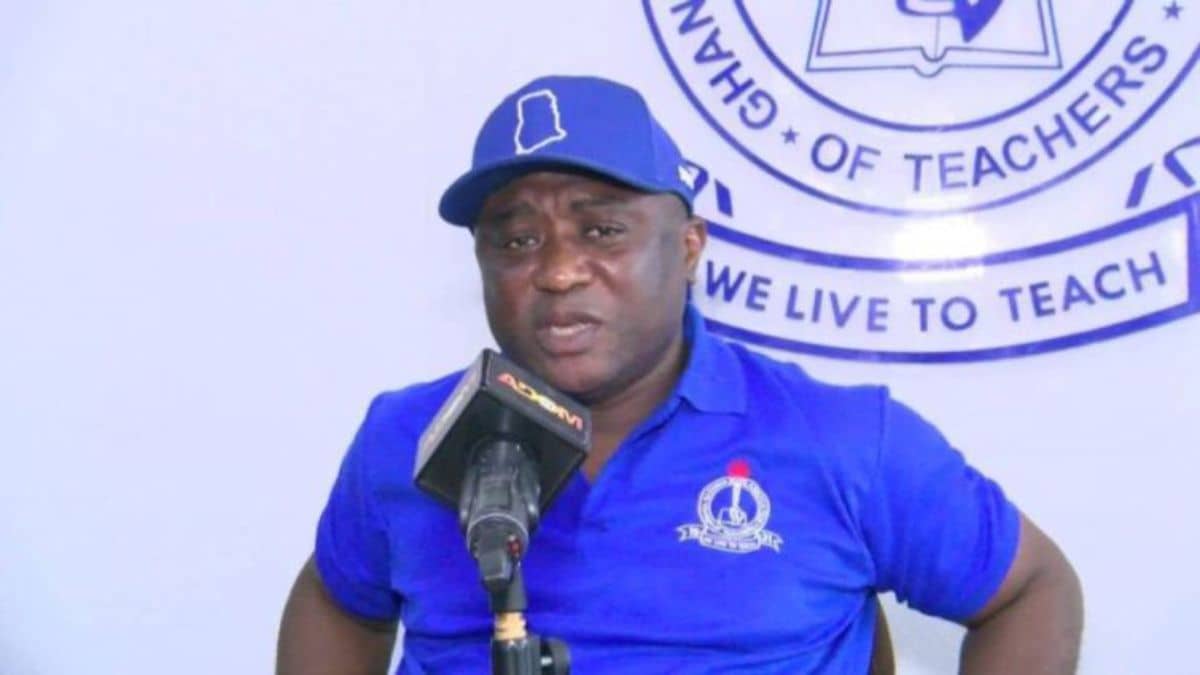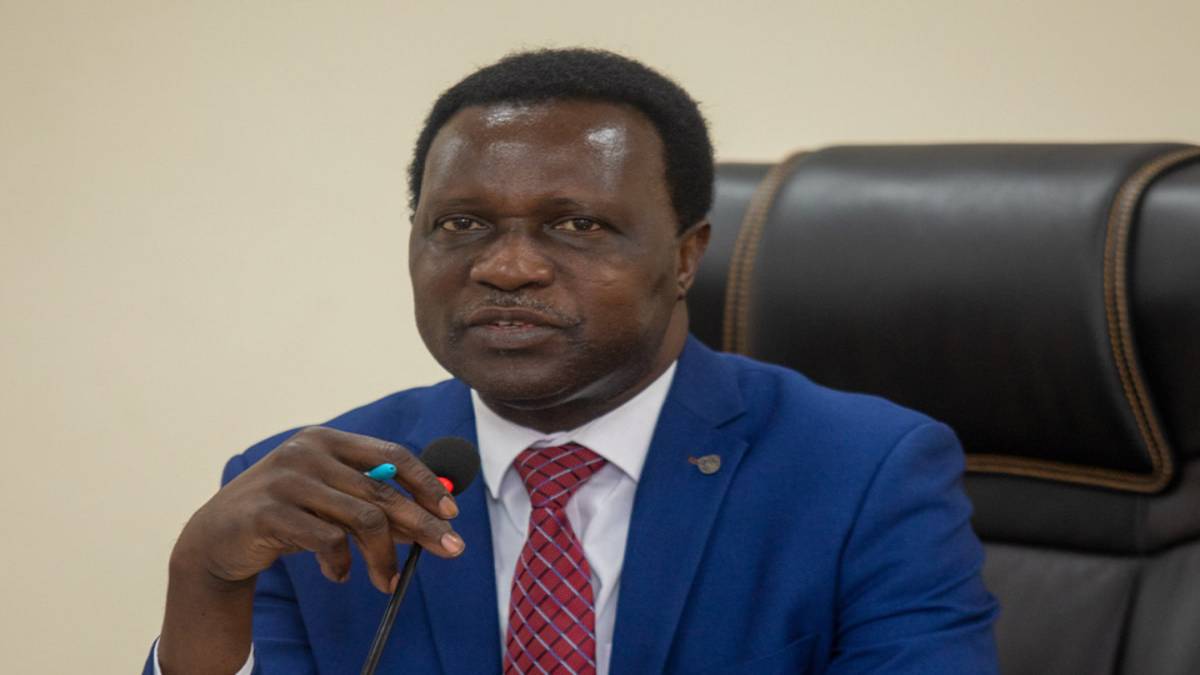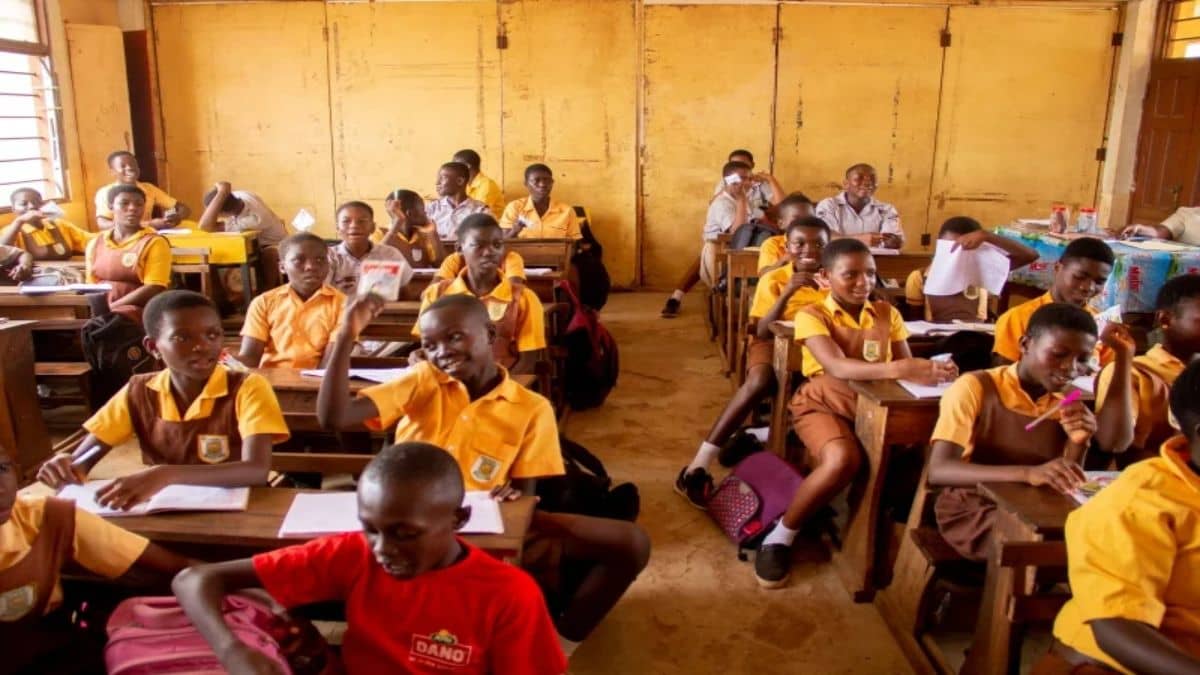GES to roll out local language policy in early childhood education

Plans are underway for the implementation of a new local language policy aimed at strengthening the use of local languages in early childhood education, the Director-General of the Ghana Education Service, Professor Ernerst Kofi Davis, has announced.
Speaking at the sidelines of the ongoing 2025 ADEA Triennale, the GES Director-General explained that the rollout of the language policy is rooted in the understanding that language plays a crucial role in learning.
Professor Ernerst Kofi Davis noted that many children struggle academically not because they lack ability, but because they do not understand the language of instruction.
“Imagine asking someone their name in Japanese and expecting them to respond,” Prof. Davis said, drawing an analogy to illustrate how language can hinder understanding in the classroom.
Under the new policy, he indicated that local languages will serve as the medium of instruction from Kindergarten to primary three (lower primary).
The approach, according to Professor Davis, is expected to improve comprehension, especially in reading and mathematics, and enhance overall learning outcomes.
He emphasised that the initiative is not an attempt to introduce multiple languages in a single classroom but to ensure that pupils are taught in a language they understand best, saying, “This is about accessibility, not complexity.”
Prof. Davis further explained that local languages would remain an important support tool even beyond the lower primary level, particularly for pupils who continue to face challenges with English.
The GES Director-General gave the example of a student who may not understand the term “garden eggs” in English but immediately grasps its meaning when explained in their local dialect.
The Ghana Education Service (GES) believes the new local language policy will promote inclusivity, equity, and better learning outcomes across the country.
Prof. Davis reaffirmed the Education Service’s commitment to ensuring that every child, regardless of their background or language, has a fair opportunity to learn and thrive.
“The goal is to make education accessible to all children and give them the confidence and skills to transition smoothly into English proficiency,” he said.
Relatedly, the Ministry of Education (MoE) says it is fully implementing the policy of using children’s home languages alongside English for teaching and instruction in schools, a practice that dates back to independence.
In a statement sighted by Pretertiary.com, the Education Ministry debunked the claim that the English language has been dropped as the language of instruction in government basic schools in the country.
The statement signed by Dr Clement Apaak, Deputy Minister for Education, emphasised that the policy of using children’s home languages alongside English is long-standing, dating back to independence, but has not been fully implemented.
“The policy on the use of children’s home languages with additional languages, English, carefully introduced alongside, is not new. The policy has been in existence since independence, but implementation of it has not been effective and has been stalled,” the statement noted.
The Ministry of Education explained that teaching children in a Ghanaian or local language they understand, alongside English, strengthens learning outcomes across all subjects.
“There is very strong global evidence that teaching children in a language they understand, alongside English, strengthens their performance across all subjects in school
Teaching in a language the child does not understand or speak well creates major barriers to literacy acquisition.
So, we are committing to revisit the policy, based on global evidence, to ensure that we are teaching effectively from KG to Basic Year 3 to improve learning outcomes,” the Education Ministry stated.



